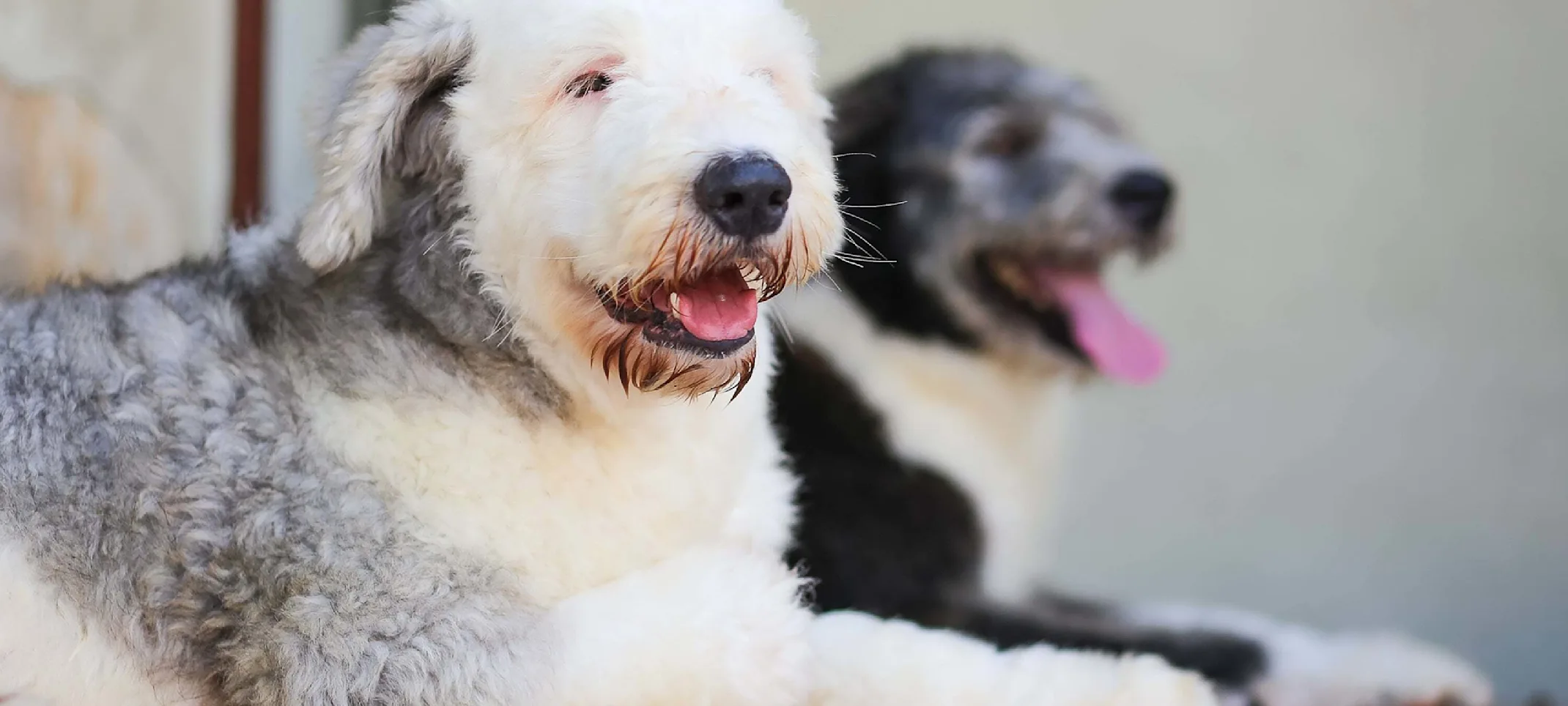Shoreline Central Animal Hospital
Palliative Care
We strive to provide the best quality of life possible for pets who may be suffering from a terminal condition or disease.

Overview
We know how difficult it can be to see your pet suffer from old age or an illness. We are passionate about providing the best quality of life possible for an animal who may be suffering from a terminal condition or disease.
Why would my pet need palliative care?
Palliative care is delivered in chronic and curable conditions, it takes on a more important role in the final life stages as the role of treatment is correlated with quality of life and can determine when euthanasia is needed. Palliative care directly affects the quality of physical, emotional and social well-being of humans and animals. For the most part, when the veterinarian diagnoses a terminal disease or the animal is in a terminal geriatric status, it is appropriate to seek palliative care.
How is palliative care structured?
Hygiene, nutrition and pain management all play a large role in nursing care that you can provide to your pets. Keeping pets free from urine and fecal matter by making it easier for animals to get to elimination sites or using hygiene wipes liberally will improve an animal's sense of well-being and reduce bacterial infections. Improving mobility by using non-skid flooring and mechanical advantage harnesses will help maintain muscle tone and continued social involvement in the normal day to day activities. Regularly assessing a good QOL scale will give meaningful objective information on how the condition is progressing.
Nutrition can be a challenging component of palliative care. Loss of appetite is often the most important determining factor of QOL assessments. Nutritional demands are often at their highest in end stages of many diseases and in conflict with appetite levels. Using appetite stimulants and providing the most nutrient dense food in the most palatable way will greatly improve the delivery of palliative care. This can include home-made diets as well as critical care and prescription diets.
Pain management may be the most crucial determinate of a successful EOL experience. Addressing specific and general sources of pain through pharmacologic means is the primary method of delivery. Adjunctive and complementary pain control methods such as acupuncture, laser therapy and physical therapy can play an important role in patient comfort.
